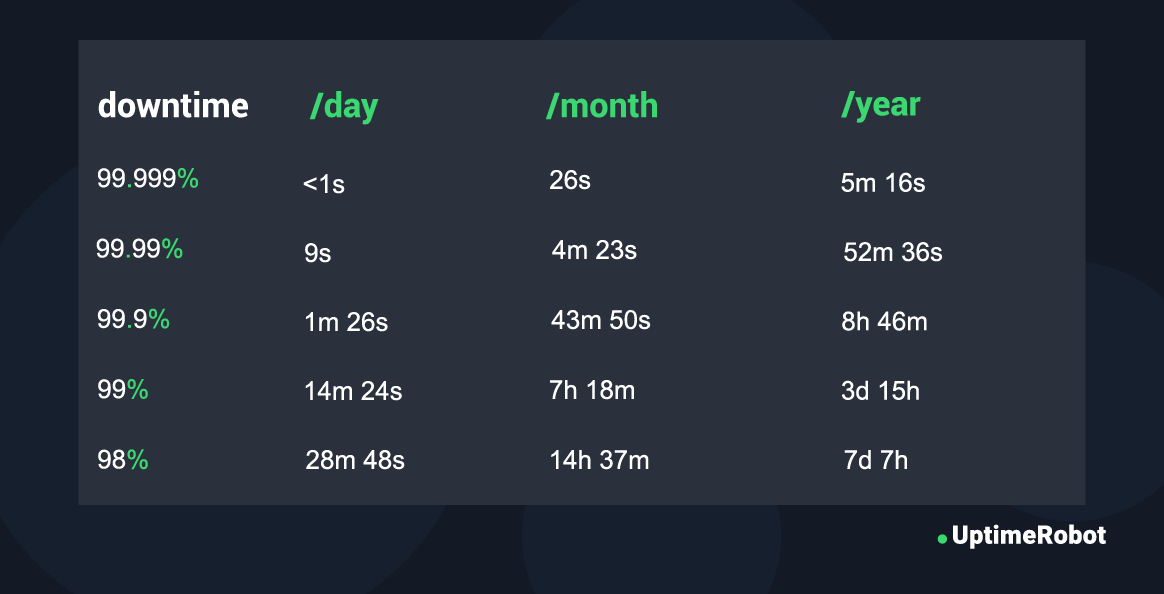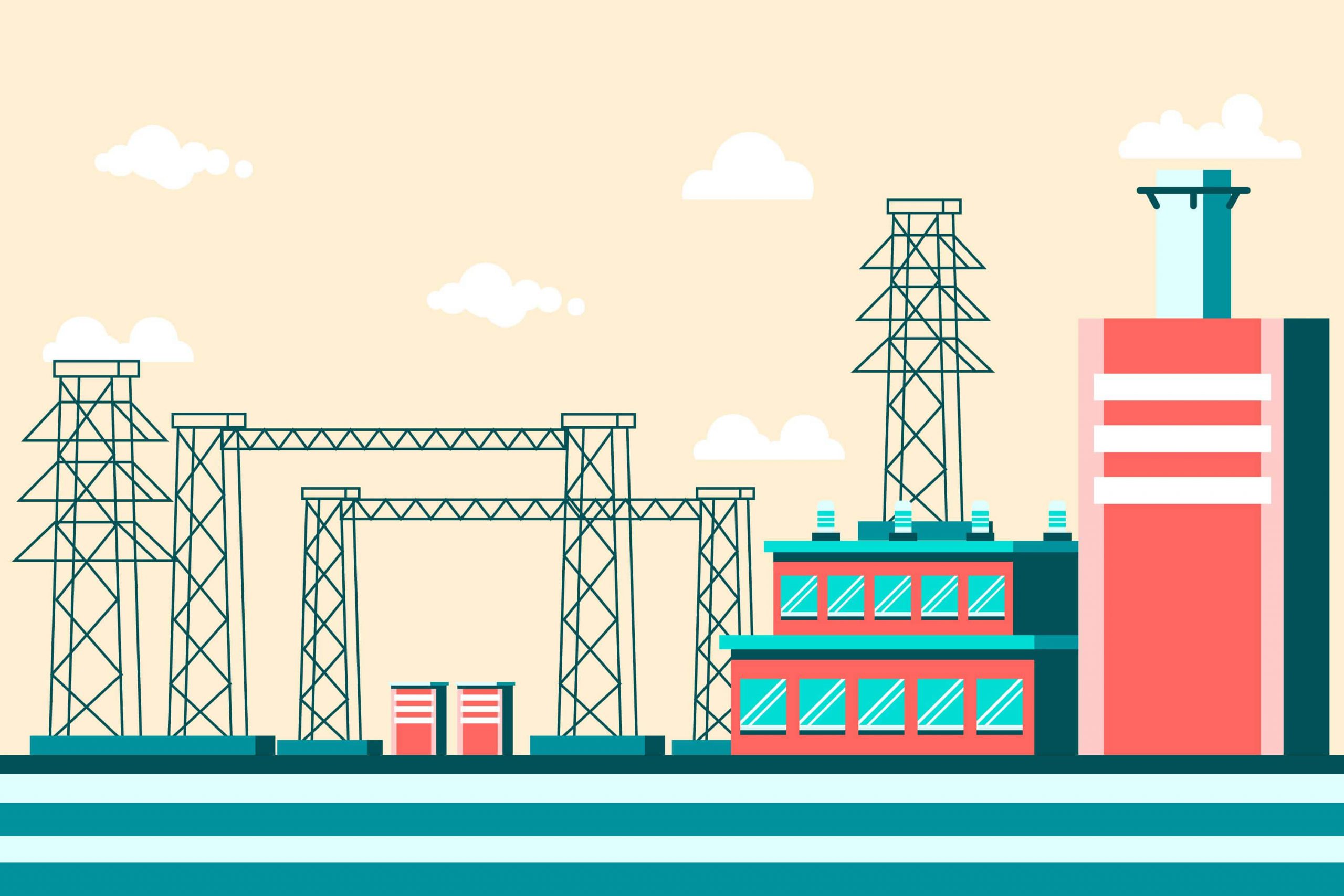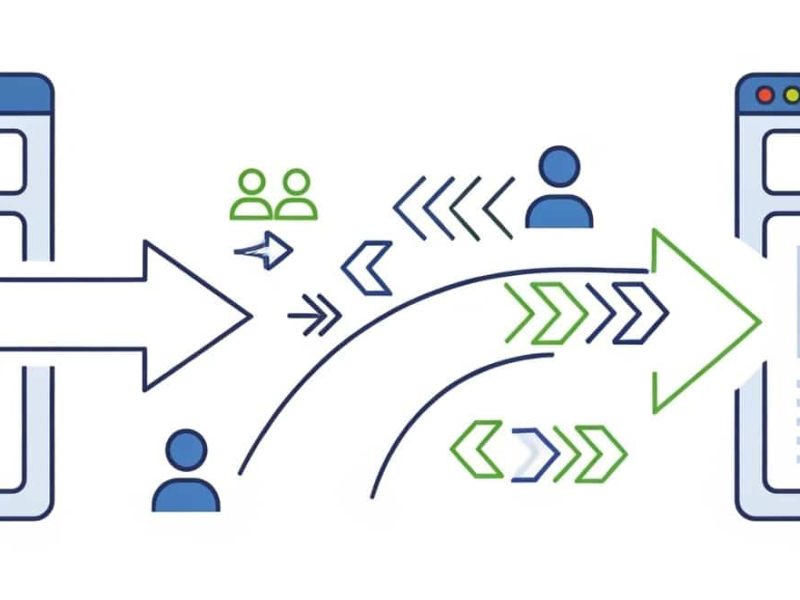Your blog, business, or pastime must be reachable in order for it to generate value online. That is the main goal of our 99.9% uptime guarantee.
What does this promise entail, how will it be upheld, and what can you do to maintain the functionality of your website? We’ll fill you in on everything.
Explanation of Website Uptime
The definition of uptime is found in the word itself: it is the period of time that something has been “up.”
Typically, time units such as days, hours, minutes, and even seconds are used to calculate uptime. However, it is stated as a percentage of availability per month for simplicity and clarity’s sake.
The length of time your website might be down in a month, based on the uptime guarantee offered, is as follows:

When selecting a hosting provider, it’s critical to consider these numbers because of the notable variations. ASPHostPortal promises 99.9% uptime, which is the industry standard, and is in the golden mean.
It is important to note that this does not imply that the website will crash. Conversely, we consistently aim for 100% uptime and typically achieve it.
But unanticipated errors and disruptions could still occur. As stated in our Hosting Agreement, you may be eligible for reimbursement if the outage continues.
Why Uptime Is Critical to Your Success Online
The user experience, your position in search results, and the general online success of your company or project are all significantly influenced by uptime. The primary hazards of downtime are as follows:
- Lost revenue. A broken website can result in missed orders, which can lead to lost sales and profits. This could add up to tens or even hundreds of dollars, depending on the type and size of your company.
- Lower customer trust. Customers who are not satisfied with a business’s performance begin to lose faith in it. Additionally, they might talk about their negative experiences, which could damage their credibility.
- Less organic traffic.Robots from search engines monitor websites’ availability and content continuously. A website’s ranking in search results may be reduced by the search engine if it is frequently unavailable.
- Wasted working hours. The business is also down if the website is down. You or your staff are compelled to search for the sources of downtime, which could take hours to resolve, rather than carrying out your business duties.
The Four Foundations of Our Uninterruptible Uptime
Uptime can be impacted by a variety of factors, including software bugs, hardware issues, power and network outages, cyberattacks, and more.
We go above and beyond to make sure that none of them occur. Visit ASPHostPortal to learn about the four pillars that allow your websites to have constant uptime.
Powerful Infrastructure
Through the use of state-of-the-art data centers strategically located throughout the world, we ensure a redundant and reliable hosting environment. To minimize downtime, a strong infrastructure, fiber-connected network, and state-of-the-art hardware collaborate.

Important elements lowering the chance of a service interruption and enhancing performance and dependability are as follows:
- Highly durable data centers with several network connections, redundant cooling and power systems, and strong security.
- NVMe (non-volatile memory express) storage combines dependability and high performance.
- Intel Xeon processors guarantee optimal stability and low latency.
- Double Data Rate 5 (DDR5) RAM uses greater data transfer rates and capacities to minimize bottlenecks and possible downtime.
- RAID data storage configurations provide protection against system problems or disk failures that could cause data loss.
Proactive Monitoring and Maintenance
Up-to-date monitoring systems and routine maintenance protocols establish a hosting environment where your websites’ dependability and high uptime are given top priority. This is how it operates:

- Proactive monitoring tools identify and fix possible problems before they affect the functionality of your website.
- Multiple data centers’ round-the-clock server surveillance guarantees the early identification of any anomalies or performance problems.
- Regular maintenance and software updates maintain systems safe and secure while reducing the possibility of downtime brought on by bugs in software or system malfunctions.
- In the event of an emergency or hardware failure, redundancy measures, such as backup servers and failover systems, reduce service interruptions.
- Server-side apps and software are more stable when they have undergone extensive testing and quality control.
Advanced Security
Another area that can compromise your websites and interfere with their smooth operation is security flaws and vulnerabilities. In order to reduce the possibility of cyberattacks, unauthorized access, and data breaches, we implement strong security measures, which eventually improves the dependability and integrity of your online presence.
For security reasons, we are unable to share all information, but the following are some of the measures we have taken:

- Modern firewall and DDoS prevention systems guard your website from harmful attacks and guarantee continuous service availability.
- Comprehensive malware protection for your websites protects against malware outbreaks and guarantees the integrity of your data and online assets.
- Our committed security team manages ongoing penetration tests and vulnerability scans to find and fix possible security issues early on.
Optimized Web Performance
Numerous other technologies that we employ also help to ensure your websites run smoothly and remain accessible.
- By caching the content of your website on several servers and delivering it to users from the closest location, our in-house content delivery network (CDN), hosted on international data centers, further lowers server load and enhances the dependability of your website.
- You can rely on Cloudflare DNS Firewall to give your website increased security and dependability if you host a domain with us. It guarantees the integrity and authenticity of DNS responses, increases website speed, and defends your website against DDoS attacks.
How Can You Improve Your Uptime?
Selecting a trustworthy hosting company is the first and most crucial step in figuring out uptime. Seek for a history of delivering high levels of uptime, redundancy in infrastructure, backup plans, failover protocols, and first-rate customer service.
It’s not entirely the responsibility of the hosting company, though; even if the servers and hosting services are operating as intended, there are still other reasons why your website can go down.
We suggest four preventive steps you can take to make sure your website remains operational.
1. Regular Updates and Maintenance
Plan regular maintenance procedures like file cleanup and database optimization to avoid problems that could cause downtime. Before making any significant changes to your website, use a staging area and make an on-demand backup in case something goes wrong.
2. Implement Best Security Practices
Use the best web hosting security practices, such as frequent backups, SSL encryption, malware scans, and enforcing a strong password policy, to improve the security of your website. Any threats should be dealt with right away to prevent bad actors from taking advantage of these vulnerabilities.
3. Optimize Speed and Performance
Reduce server load and enhance website responsiveness by putting performance optimization strategies like object caching, file minification, and caching into practice. Use a content delivery network (CDN) to spread website content among several servers positioned strategically across the globe.
4. Keep Monitoring Your Website
Keep an eye on the performance metrics of your website, such as server response times, page load speeds, and uptime. Establish alerts to help you respond and resolve issues quickly in the event of anomalies or downtime incidents. If the resources on your website are no longer sufficient, think about upgrading to a more robust web, cloud, or virtual private server (VPS) hosting plan.
Conclusion
Paying attention to a few crucial elements is necessary to guarantee ongoing success on the internet. These consist of advanced security measures, proactive monitoring and maintenance, a strong infrastructure with redundant systems, and optimized web performance.
Your personal involvement is equally crucial. To reduce downtime and improve user experience, you should optimize website speed, promptly address potential issues, and implement strict security protocols.
You will be sure to realize the full potential of your online business if you adhere to these guidelines and work with a reliable hosting company.

Andriy Kravets is writer and experience .NET developer and like .NET for regular development. He likes to build cross-platform libraries/software with .NET.



